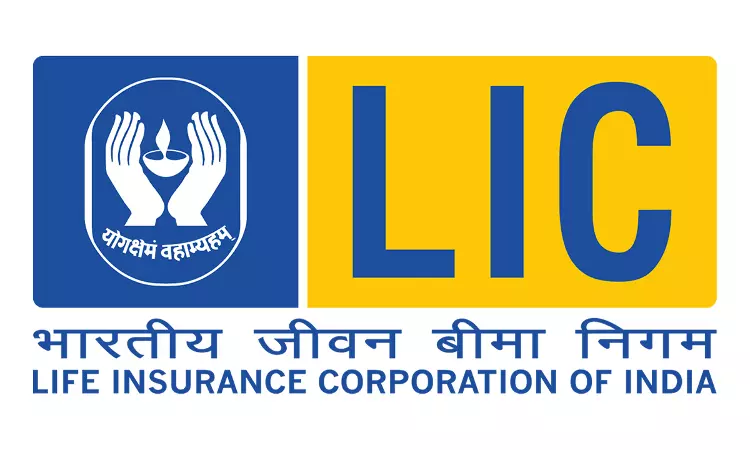The National Consumer Disputes Redressal Commission, presided by AVM J. Rajendra, held that the terms in an insurance contract should be strictly adhered to with no scope of deviation from these terms. Brief Facts of the Case The complainant purchased a LIC Jivan Anand With Profits (With Accident Benefit) policy from the Life Insurance Policy/insurer with a sum assured...

